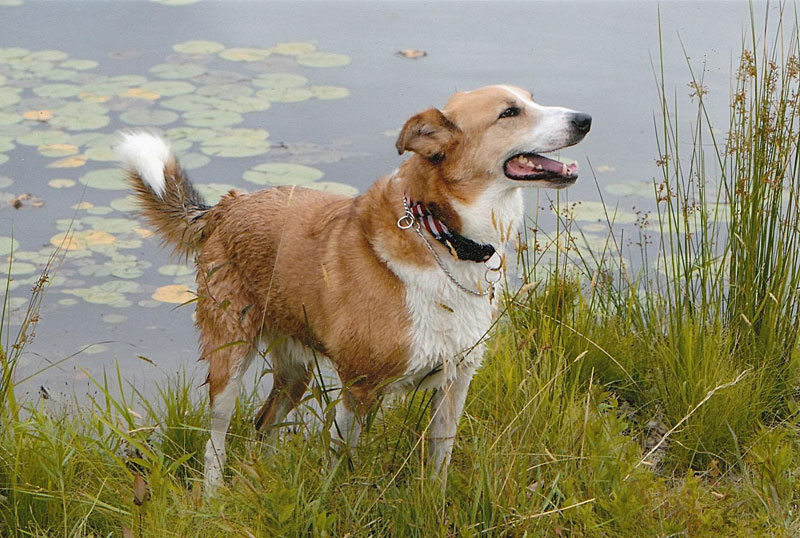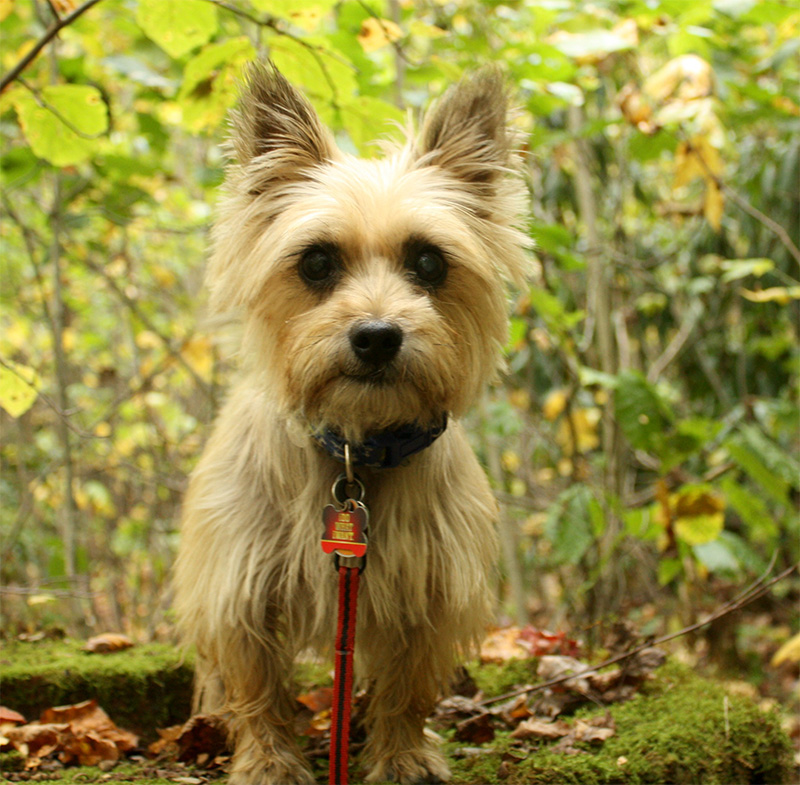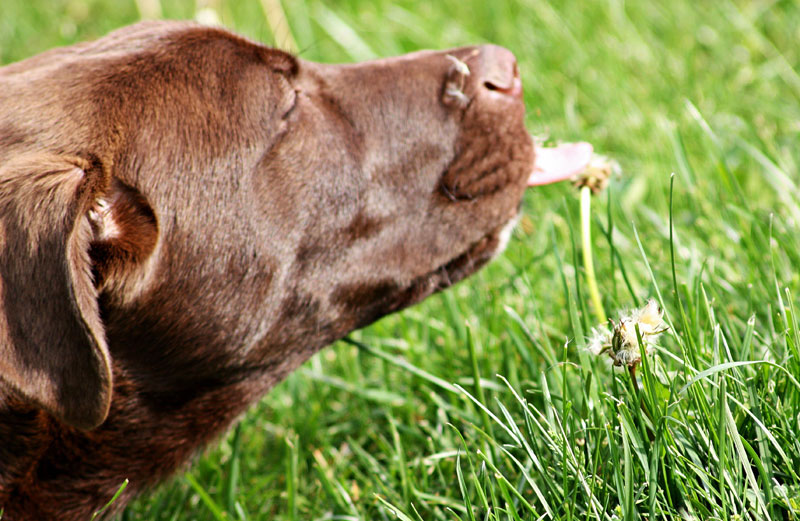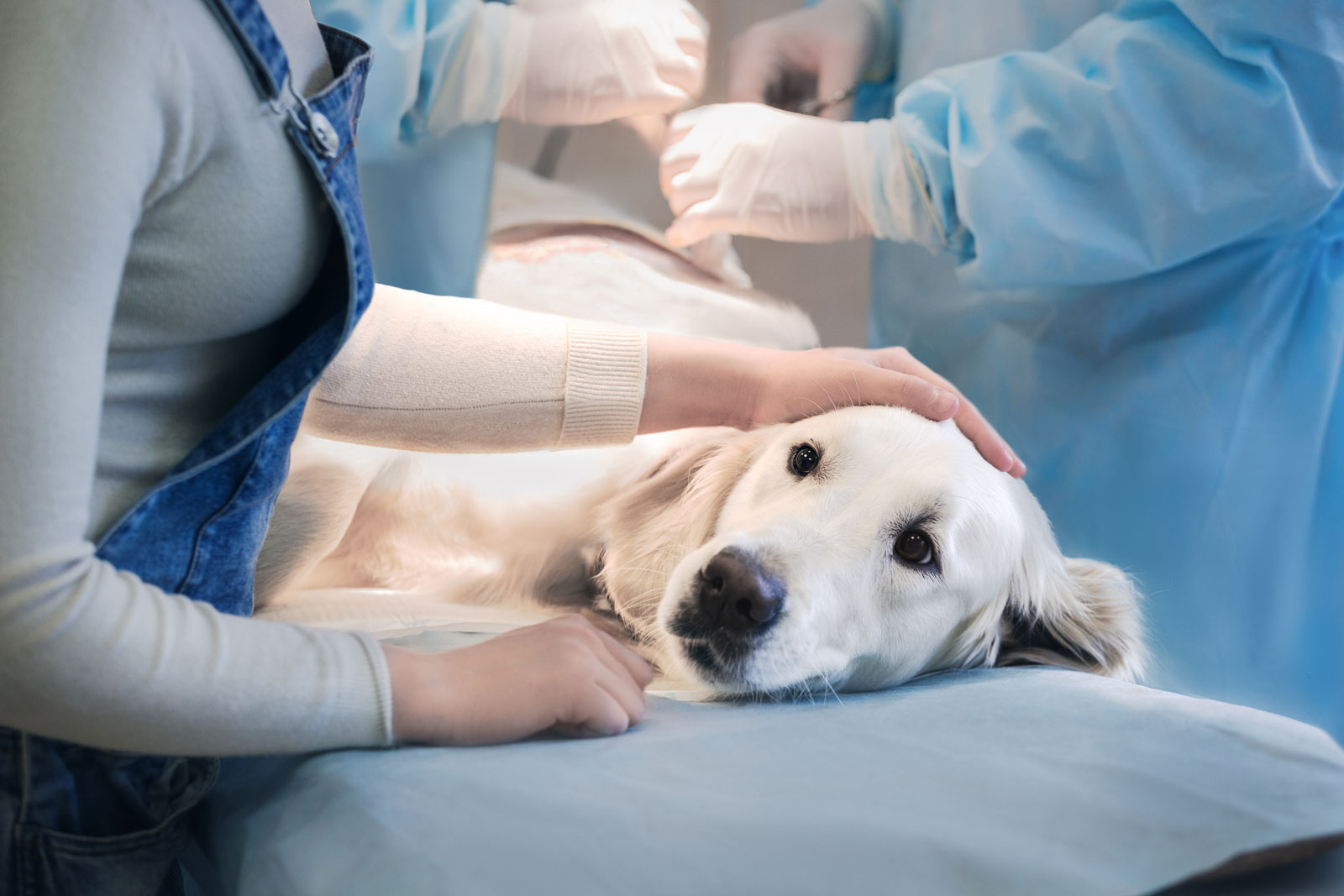Spays and Neuters (Surgical Sterilization)
At Akeso Veterinary Clinic, we’re fully equipped and experienced in performing a variety of soft tissue surgeries, including spay and neuter procedures. Although these surgeries are common and considered to be routine, our veterinary surgeons still work with the utmost care and attention to detail during each surgical sterilization appointment.

The Benefits of Spaying or Neutering Your Pet
We typically recommend spay or neuter surgery for pets that are not intended for breeding because the benefits of surgical sterilization far outweigh the risks associated with these routine surgical procedures.

Reduced Risk of Contagious Disease
Sterilized pets come into contact with fewer animals throughout their lives, reducing the risk of contagious disease.
Reduced and/or Eliminated Risk of Certain Cancers
Removing a pet’s reproductive organs can eliminate the risk of cancers of those organs and also reduce the risk of other cancers related to the reproductive system.
Improved Behavior
Sterilization helps eliminate unwanted or undesirable behaviors in pets that are related to their reproductive instincts. These undesirable behaviors include wandering, aggression, territory marking or spraying, howling, and yowling.
Alleviates the Burden on Animal Shelters
Spaying and neutering pets helps prevent the birth of unplanned litters of puppies and kittens. This reduces the burden on local animal shelters, resulting in better pet adoption rates and lower rates of unnecessary animal shelter euthanasias.
When to Spay or Neuter Your Pet
We endorse AAHA guidelines recommending the sterilization of cats by 5 months of age. While it is common for shelters to perform these surgeries at a younger age for population control reasons, we recommend allowing pets in private homes additional time to grow and develop. Healthy adult cats can be spayed or neutered at any time.
Small-breed dogs (under 45 pounds projected adult body weight) should be neutered at six months of age or spayed prior to the first heat (five to six months). Large-breed dogs (over 45 pounds projected adult body weight) should be neutered after growth stops (which typically is between 9 and 18 months of age). The decision on when to sterilize a large-breed dog is based on many factors— please reach out to an Akeso Team Member for individual recommendations based on your pet’s lifestyle and disease risk.


What to Expect During a Spay or Neuter Procedure
Although spay and neuter surgeries are common and relatively low-risk procedures, we still perform them with the utmost care and attention to detail. We’ll thoroughly examine your pet before the operation to ensure they are healthy enough to undergo general anesthesia. Throughout the procedure and recovery, we will continuously monitor your pet’s vital signs and condition.
Pets typically return home the same day, and we will provide you with thorough post-operative care instructions to ensure your pet enjoys a swift and smooth recovery.
Spay and Neuter Surgeries in Canonsburg
To learn more about spay and neuter surgical procedures or to schedule a consultation for your pet at Akeso Veterinary Clinic, we welcome you to contact our office today.













